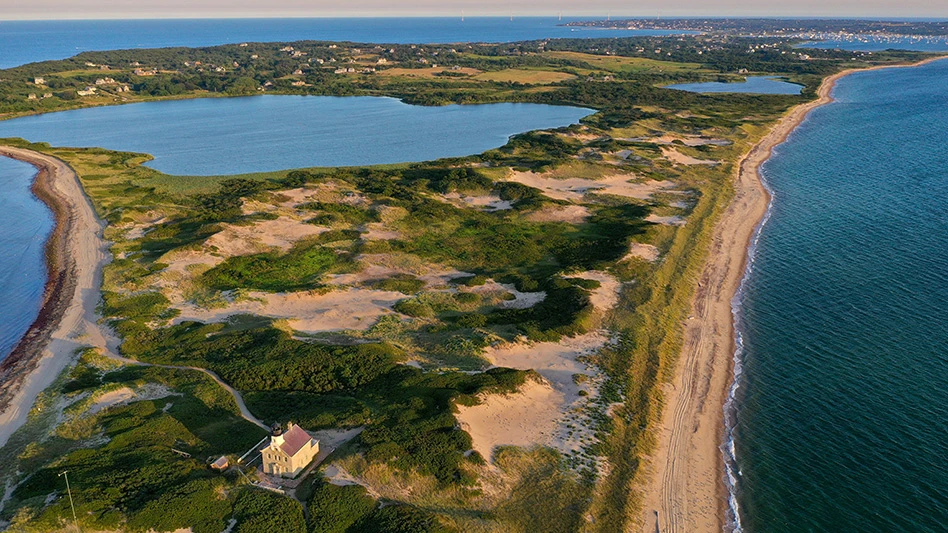Green Cow Power is a large digester facility which is now converting off-farm organic wastes and dairy manure into energy with two DVO Inc. Two-Stage Mixed Plug Flow digesters. Located in Goshen, Indiana, it is the largest waste-to-energy facility in Elkhart County and the eighth largest digester operation in Indiana. It was also recently awarded the American Biogas Council’s 2015 Agricultural Biogas Project of the Year award.
Green Cow Power is located on a former gravel-mining site in rural southwest Goshen. Eighty percent of the waste going into the digester at Green Cow Power is off-farm organic waste such as food processing and biodiesel processing waste, while the other 20 percent is dairy manure collected from five dairies within a three-mile radius. The digesters have a total combined capacity of 5 million gallons, and they accept three semitrailers full of manure each day.
The digesters produce enough biogas to power three-1050 kW engines (or 3.15 megawatts). The leftover liquid from the digester is sent to a lagoon to be stored until ultimately used as fertilizer for crops, while the digested solids are used as cow bedding.
Green Cow Power is owned by the Martin and Furrer families. Brian Furrer also owns and operates BioTown Ag in Reynolds, Indiana, a facility with three digesters from Chilton, Wisconsin-based DVO. BioTown generates over 6 MW of electricity from food processing and animal wastes, enough to power the entire town of Reynolds.
“It’s an honor to work with Brian Furrer on a second digester project in Indiana,” says Steve Dvorak, DVO Inc. president. “At DVO, our customers are very important to us, and we’re proud to have the opportunity to work with Brian on another project that will make such a huge impact on the Goshen community and the environment.”
Latest from Waste Today
- Returnity and Cosmoprof to address reusable bag waste
- SWANA releases report on aging WTE facilities
- New economic assessment reveals cost benefits of California’s SB 54
- Premier Truck Sales & Rental opens new facility
- TeknTrash Robotics, Sharp Group partner on humanoid robot pilot
- Stadler equips mixed waste sorting plant in Sweden
- Mack electric collection truck delivered to New York
- How waste management fleets can navigate a volatile labor market





